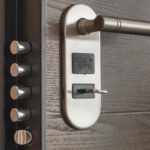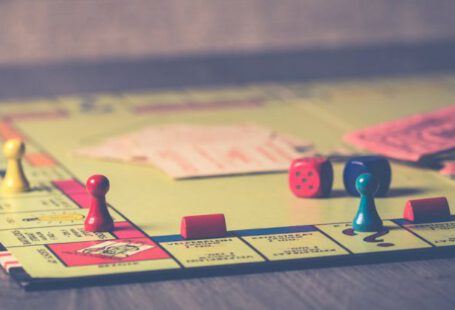In a world where options are plentiful and choices are abundant, identifying the best value for your money can sometimes seem like a daunting task. Whether you are shopping for a new gadget, booking a vacation, or purchasing a service, getting the most bang for your buck is crucial. But with so many factors to consider, how can you ensure that you are making a wise investment? Below are some key points to keep in mind when trying to identify the best value for your money.
Understanding Your Needs
Before making any purchase, it is essential to understand your needs and priorities. Take the time to assess what you are looking for in a product or service and what features are non-negotiable for you. By having a clear idea of your requirements, you can avoid overspending on unnecessary add-ons and focus on what truly matters to you.
Research, Research, Research
One of the best ways to identify the best value for your money is to do thorough research. Look up product reviews, compare prices from different retailers, and seek recommendations from friends and family. By gathering as much information as possible, you can make an informed decision and avoid buyer’s remorse.
Consider the Total Cost of Ownership
When evaluating the value of a product or service, it is important to consider the total cost of ownership. This includes not only the upfront purchase price but also any additional costs such as maintenance, repairs, and upgrades. A cheaper product may end up costing you more in the long run if it requires frequent repairs or replacement.
Quality Over Price
While price is an important factor to consider, it should not be the sole determining factor when assessing value for money. Quality should always take precedence over price, as a well-made product or service is likely to last longer and provide better performance than a cheaper alternative. Investing in quality now can save you money in the long term by reducing the need for frequent replacements or repairs.
Look for Discounts and Deals
To get the best value for your money, keep an eye out for discounts, deals, and promotions. Many retailers offer sales throughout the year, so timing your purchase strategically can help you save a significant amount of money. Additionally, signing up for newsletters or loyalty programs can give you access to exclusive discounts and offers.
Check the Warranty and Return Policy
Before making a purchase, be sure to check the warranty and return policy of the product or service. A good warranty can provide you with peace of mind in case the product malfunctions, while a flexible return policy allows you to return the item if it does not meet your expectations. Knowing your rights as a consumer can help you make a confident decision when evaluating the value of a purchase.
Seek Recommendations
If you are unsure about a particular product or service, don’t hesitate to seek recommendations from others. Ask friends, family, or online communities for their opinions and experiences with a specific brand or product. Hearing from people who have firsthand experience with the item can give you valuable insights and help you make a more informed decision.
Evaluate Long-Term Benefits
When assessing the value of a purchase, consider not only the immediate benefits but also the long-term advantages it can offer. For example, investing in a high-quality kitchen appliance may cost more upfront but can save you money on energy bills in the long run. By evaluating the long-term benefits of a purchase, you can make a more strategic decision that aligns with your goals and priorities.
In Conclusion: Making Informed Decisions
Identifying the best value for your money requires a combination of research, planning, and critical thinking. By understanding your needs, researching thoroughly, considering total cost of ownership, prioritizing quality over price, looking for discounts, checking warranties, seeking recommendations, and evaluating long-term benefits, you can make informed decisions that maximize the value of your purchases. Remember, the best value is not always the cheapest option but rather the one that offers the most benefits and satisfaction in the long run.





